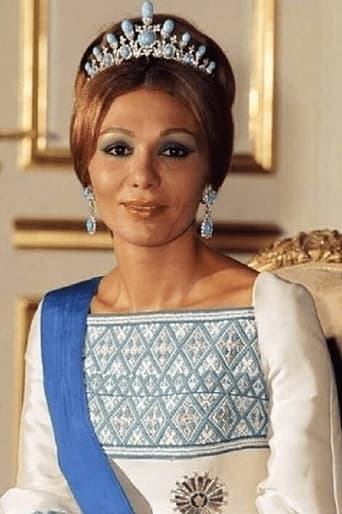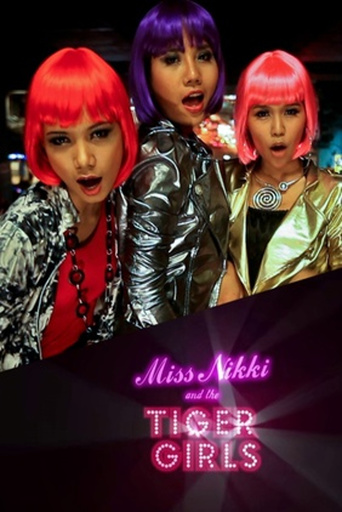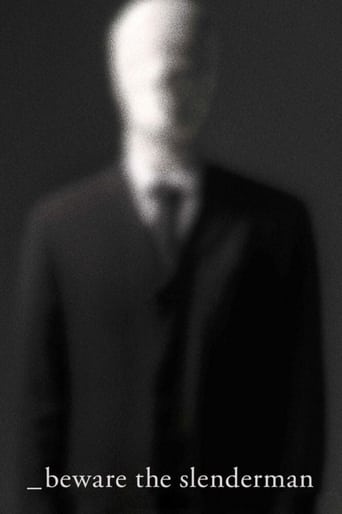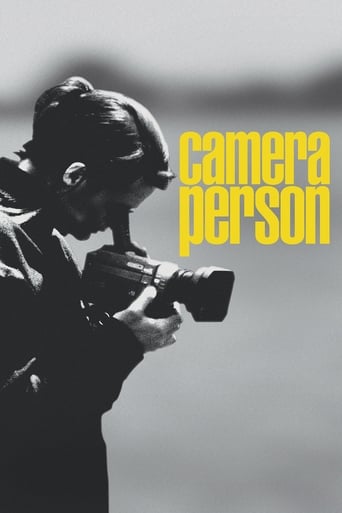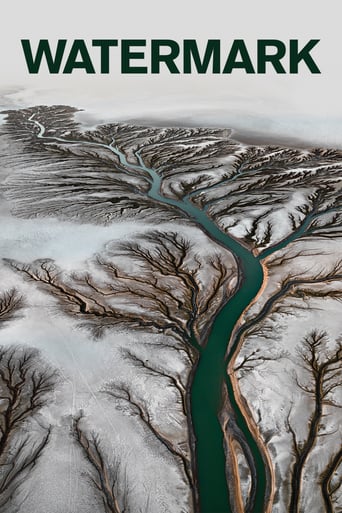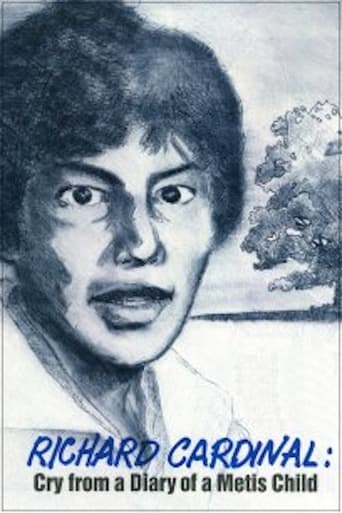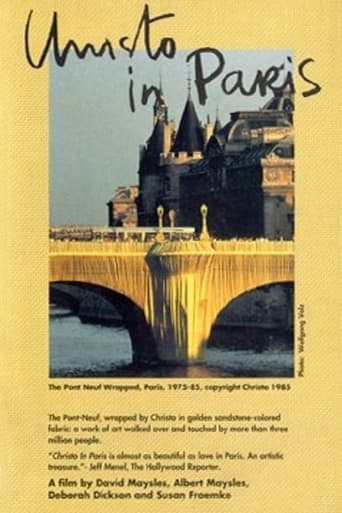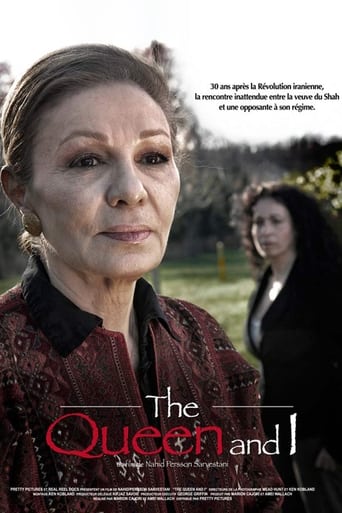
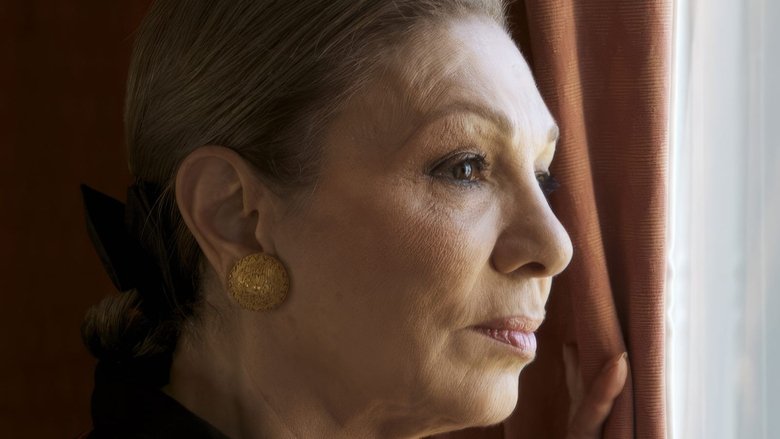
The Queen and I (2008)
Filmmaker and Iranian exile Nahid Persson talks with Queeen Farah, the widow of the late Shah of Iran, who also has been an Iranian exile since the Shah was overthrown in 1979. A meeting of two women who once belonged to opposite sides in Iran.
Watch Trailer
Cast


Similar titles
Reviews
After revolutions happen, it is rarely the case that the participants and the deposed get to meet -- let alone have a conversation with -- each other. The value of this documentary lays in the fact that a child of and participant in the Iranian revolution of 1979 (whose brother was executed in the aftermath, and who herself fled the country) sought out, met, and even began to see things from the viewpoint of Farah Diba, the Shah's third wife and widow, who lives a life of luxury and loneliness in Paris. That these conversations were possible is to the credit of both participants, and Nahid Persson does a remarkable job of showcasing the range of Iranian responses to the Shah and his rule -- from sycophantic Iranian Americans who still consider his son their King, to an Iranian man who was a victim of the Shah's policies. The filmmaker ultimately fails to ask some hard questions, and Farah is naturally suspicious of her motives at times, but in the end a portrait emerges of two women who have both in their own ways been pawns in a game of chess played by history. There is reconciliation, even if there is inadequate emphasis on truth.
I found this documentary very moving, yet sober. Two women of very different backgrounds, one an empress the other a former rebel, meet and connect over the similar circumstances they find themselves in after the Iran revolution. Political and class differences aside, filmmaker and commoner Nahid and Empress Farah have both suffered painful losses during and after the revolution, yet they have found a way through the pain to still live meaningful lives. The two women share a profound dream of one day returning to their beloved homeland - and work to that end, each in their own way. It's hard not to be impressed by the sheer classiness of Empress Farah and impossible not to be moved by both women's life stories and budding friendship as it unfolds in 'The Queen and I'. I give this film a hearty recommendation.
The Shah of Iran was an incompetent and somewhat brutal leader, with a much younger wife, whose rule was a principal cause of the accession to power of the still worse regime that succeeded his own. A former communist and opponent of his, herself exiled by the following government, now sets out to make a film about her life in exile and also that of the Shah's widow, who has been out of their common homeland for even longer. It's an interesting idea: to what extent do the two women, who once stood on opposite sides, find common cause after years abroad? But unfortunately, getting the film made requires the widow's cooperation, and she is (quite naturally) extremely cautious. Thus the film-maker is forced to tip-toe around her subject, asking none of the obvious questions (after 30 years, the ex-Queen still lives in luxury with servants) and instead agonising in pieces to camera about her own moral uncertainty at making nice with (and to some extent, genuinely liking) her former monarch. Just sometimes, the story of how a film-maker comes to make a film is more interesting than the film's ostensible subject; but like a football referee, usually the best film-makers are personally invisible. Instead, this film tells of its director's personal journey in making it perhaps mainly because without this, there is little more than sympathetic (and some might say sycophantic) footage of a woman who, for all the hardships in her life, has clearly never been in the slightest bit of danger of having to do a day's proper work. My sympathy lies elsewhere.
Director Nahid Persson is born in Iran, from a family who was actively opposed to the regime of the Shah. As a young Communist she was among the million of youth who cheered in the streets when the revolution broke and the Shah and his wife, empress Farah flew the country. Although they lived in the same country, the two women were separated by huge social and political differences, and for Nahid as for many Iranians the fairy tale lives of the royals had become the symbols of corruption and repression. Yet, soon after the revolution the dreams of democracy and of a better life proved to be illusions and Nahid and her family found themselves again on the side of the opposition, and eventually had to flew Iran.Thirty years after the revolution the Sweden-settled Persson looks back in this documentary to the time of the revolution, and tries and succeeds to meet the former empress, now living as a refugee, but a different kind of refugee, in order to understand not only what she has become, but also her own feelings towards a woman who decades ago symbolized for her evil, and now is living at least from some aspects a similar life of longing for the lost country. The film includes the interviews with Farah, and these are more or less what you can expect. The former empress is living the life of a high-class, jet-style refugee. Her views did not seem to have changed too much in the decades since the fall from power of the Shah. Neither does the director want to push too hard questions on her. These are asked a few time off-screen, but they seem to have been shared much more with the viewers of the film than with the subject of the interviews. Maybe it's a sign of respect, or maybe it is the strong and fascinating personality of Farah who wins the heart of the director, or maybe the shared fate of the two women is more important than any other story told in the film. Made and issued to screens around the time when many other documentary films about the fall of the Shah and the Islamic revolution were made 30 years after the events, 'The Queen and I' is one of the more interesting, and the human story occupies a better place in this film than the political one.


